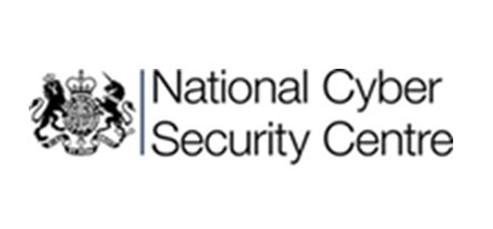Cyber Incident Case Studies
The NCSC are looking for organisations of all sizes to share their experience of a cyber incident as an anonymous case study.
Incidents can include: Phishing with data extortion or malware; Ransomware; Malicious Insider; Data breach; Denial of service or DDOS.
Case studies can be a really useful resource when helping organisations to consider their cyber security. Hearing about an organisation from a similar size or sector can make others consider that it can happen to them too. Case studies can also help demonstrate what actions can be put in place to reduce the likelihood of an incident occurring.
Again, all case studies will be completely anonymised
Go here to complete the form and share your experience.
NCSC Digital Loft: Cyber Security Toolkit for Board Members
Tuesday 11th October 2022, 10am-11.30am
The National Cyber Security Centre is urging UK organisations to maintain a sustainable strengthened cyber security posture during this extended period of heightened cyber threat.
The vast majority of organisations in the UK rely on digital technology to function and transact business. Good cyber security protects that ability to function, and ensures organisations can exploit the opportunities that technology can bring. Cyber security is therefore central to an organisation’s health and resilience, this places it firmly within the responsibility of the Board.
This Digital Loft session will focus on NCSC’s free Board Toolkit.
The NCSC has produced the Board Toolkit to encourage essential discussions about cyber security to take place between the board and their technical experts. Board members don’t need to be technical experts, but they need to know enough about cyber security to be able to have a fluent conversation with their technical experts, and understand the right questions to ask during this period of heightened cyber threat.
The digital loft is open to all, but we would actively encourage board members & technical experts who brief board members to attend this interactive panel discussion. The panel will include NCSC’s Chief Operating Officer Paul Maddinson, and private sector board members from Becrypt and DXC Technology, who will provide case studies on their use of the Board Toolkit.
Click here to register.
NCSC launches package of support to help retailers protect themselves and their customers online
The NCSC has published new guidance for organisations on choosing the right authentication methods and removing malicious websites. The two pieces of guidance will support online retailers, hospitality providers, and utility services protect themselves and their customers from cyber criminals.
Authentication methods: choosing the right type: helps organisations to select an appropriate authentication method that goes ‘beyond passwords’ to help customers secure their accounts, such as two-step verification, OAuth, and one-time passwords, and encourages decision makers to consider the security and usability of each method.
Takedown: removing malicious content to protect your brand: removing malicious content to protect your brand provides a step-by-step guide on how an organisation can remove malicious websites which have spoofed their brand to make it seem legitimate. This can include false representation of products and services, fake endorsements, or cyber criminals using your brand in phishing campaigns.
The NCSC has recently released a blog introducing the guidance.
NCSC Deputy Director for Economy and Society Sarah Lyons said:
“Online shopping is bigger than ever and that’s something to be welcomed – but unfortunately it comes with the risk of shoppers’ accounts being exploited.
“Businesses have a major role to play in protecting online shoppers which is why we’ve produced new guidance to help them do so.
“Following this guidance will allow businesses to help keep their customers safe online as well as protecting themselves from potentially crippling cyber attacks.”
The buyer authentication methods and takedown guidance are the latest additions to a suite of advice offered by the NCSC to help organisations of all sizes to better protect themselves and their customers.

